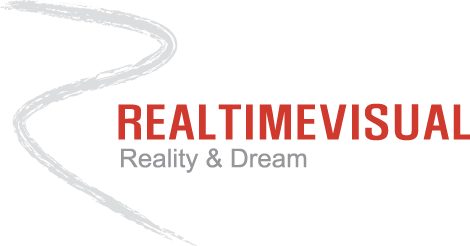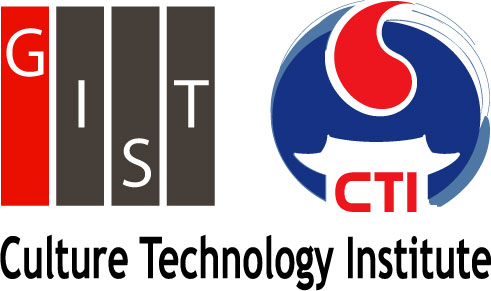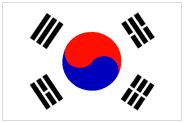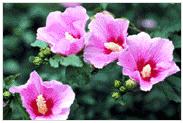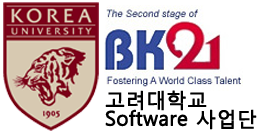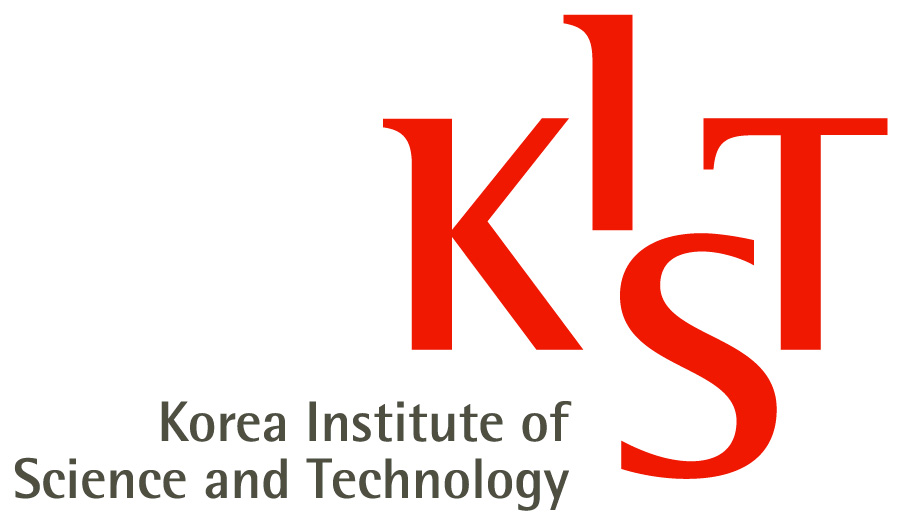From ISMAR2010
Contents |
About Korea
- Korea has a rich cultural heritage, some of the world's most advanced facilities, and high-quality professional services. Warm hospitality will enhance the quality of your trip.
- Korea is a nation that boasts a fast growing economy and a lifestyle that brings together the old and the new. Once known simply as a quiet nation in the East, the peninsula now hardly sleeps as it pulsates with life and commerce.
- Numerous branch offices of international corporations and businesses as well as most western franchises can be found throughout the country. In the face of modernity, Koreans still greatly value their 5 millennia of culture and history and the Confucian philosophy that has governed the lives of their ancestors.
- Many global events take place here annually. The peninsula also features so many scenic mountains and rivers that Koreans have often compared their country to beautifully embroidered brocade.
National Flag
- The Korean flag is called Taegeukgi. Its design symbolizing the principles of yin and yang is from Asian philosophy. The circle in the center of the flag is divided into two equal parts. The upper red section represents the positive cosmic forces of yang. Conversely, the lower blue section represents the negative cosmic forces of yin. The two forces together embody the concepts of continual movement, balance, and harmony that characterize the sphere of infinity. The circle is surrounded by four trigrams, one in each corner. Each trigram symbolizes one of the four universal elements: Heaven, Earth, Fire and water.
National Flower
- The national flower of Korea is Mugunghwa, Rose of Sharon. Every year from June to October a profusion of Mugunghwa blossoms grace the entire country.
Unlike most flowers, Mugunghwa is remarkably tenacious and is able to with-stand both blight and insects. Its symbolic significance stems from Mugunghwa's root word, "Mugung," meaning immortality.
Language
- The Korean language is classified as a Ural-Altaic language, a group which also includes Mongolian, Hungarian, and Finnish. The Korean character system, Hangeul, is completely different from Japanese. "Hangeul" was developed by a group of scholars under the patronage of King Sejong in 1443 of the Joseon Dynasty. It is composed of 10 vowels and 14 consonants. This unique phonetic syllabic system allows great freedom of expression. The Hangeul Romanization, which was last revised in July 2000, is based on standard Korean pronunciation and differs substantially from the old McCune-Reischauer (M-R) system.
About Seoul
- The name of Seoul comes from the ancient word 'Seorabeol' or 'Seobeol', meaning "capital" Seoul, as the capital city of Korea, acts as the political, cultural, commercial, and financial center. Seoul is also a historical city, the ancient capital of the Joseon Dynasty for 500 years, with many tourist attractions, including old palaces and gardens. In Seoul, the past and the present meet together and coexist in harmony. During the Congress, you will be able to enjoy both the flavor of the traditional Korean culture and the excitement of a sprawling metropolitan city.
- Located along the Han River, Seoul has grown into a teeming metropolis. Over the years, Seoul has greatly expanded in the process of urbanization and industrialization and continues to grow as the thriving center of the country's political, economic, cultural and educational activities.
- The Han River divides the city into two parts: northern part(Gangbuk) and southern one (Gangnam). Among the 25 autonomous ‘gu' or wards of Seoul, the largest is Seocho-gu(47.13㎢) and the smallest is Jung-gu with an area only one fifth(9.97㎢) that of Seocho-gu.
- The expansion of the city has been curbed since the last administrative reorganization in 1973. The lifestyles of Seoul citizens, however, have been influenced by the rapid growth of satellite cities around the capital area.
- Today, There are more than 90 different nationalities currently residing in Seoul, forming a small global village.



